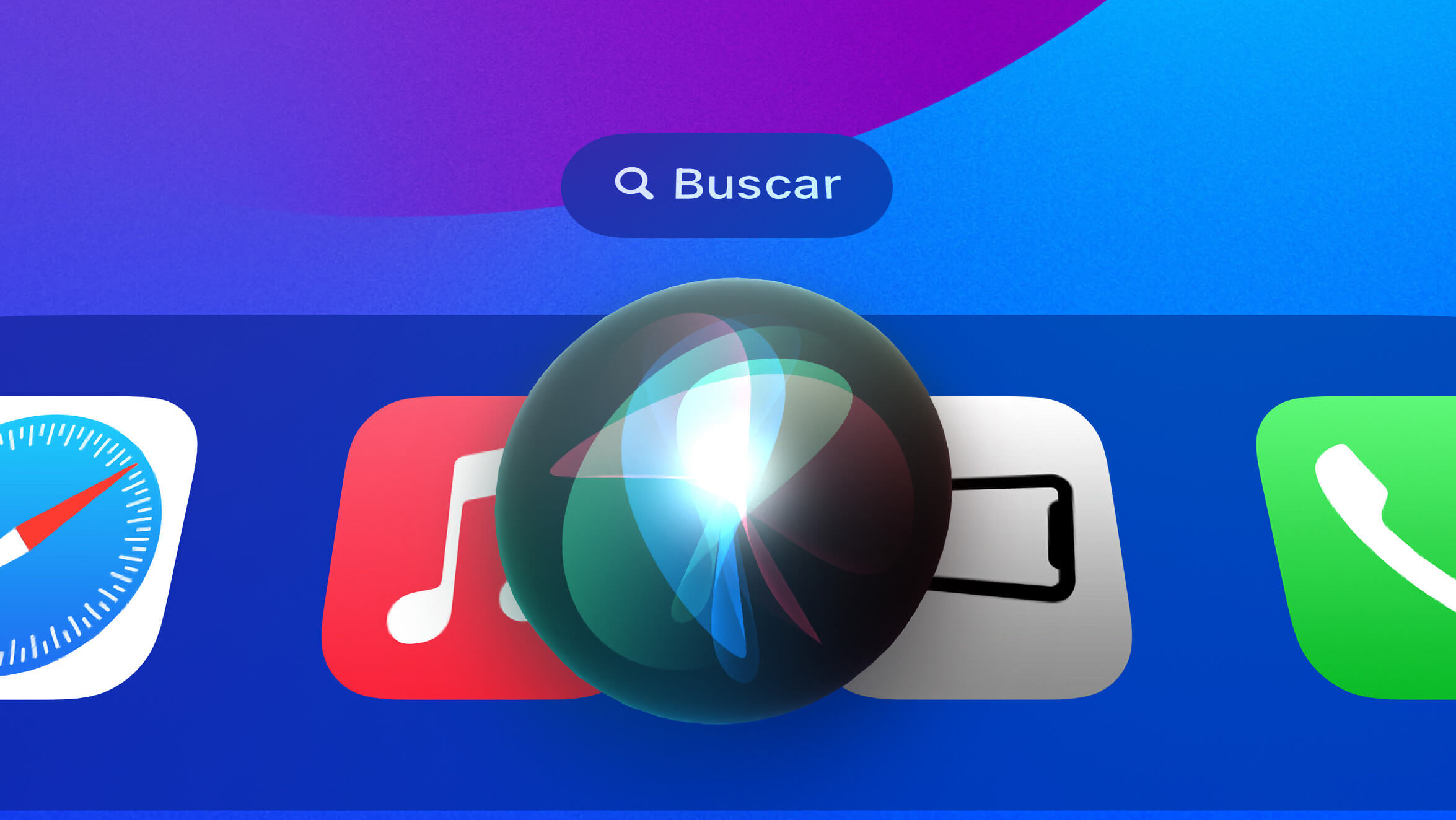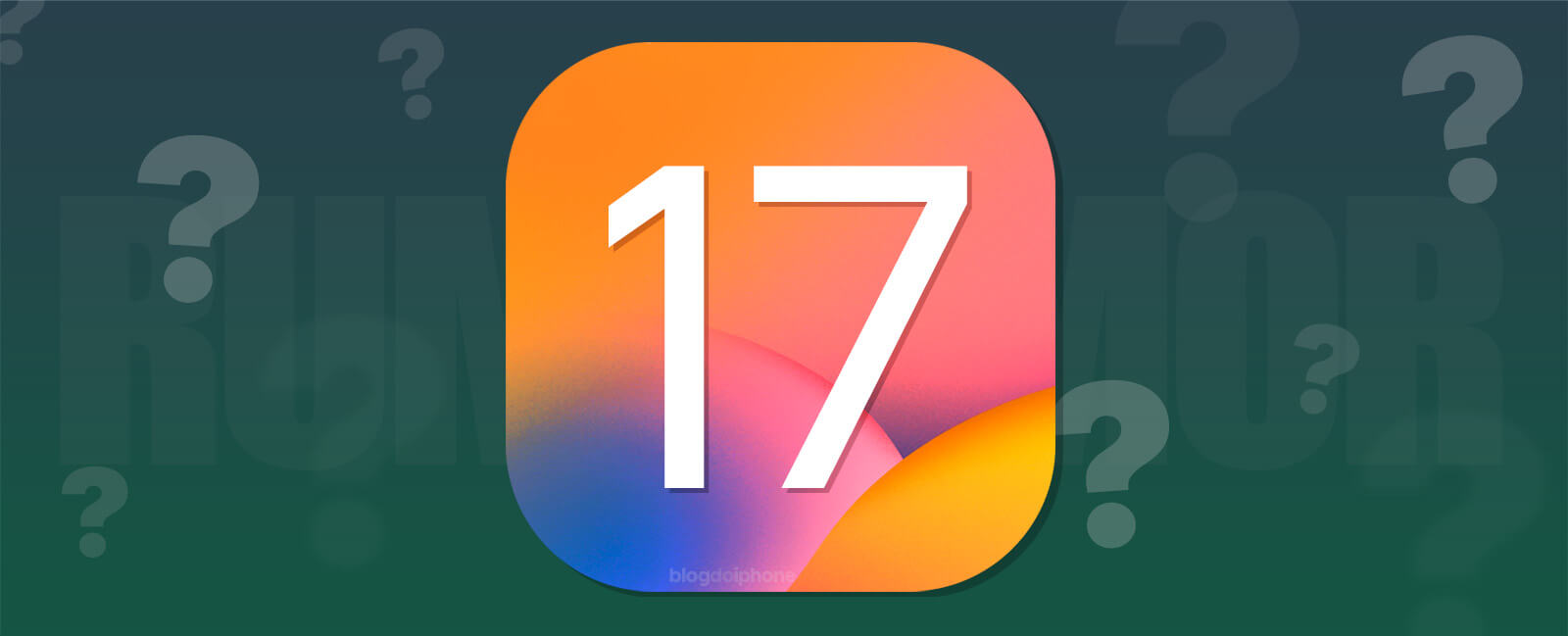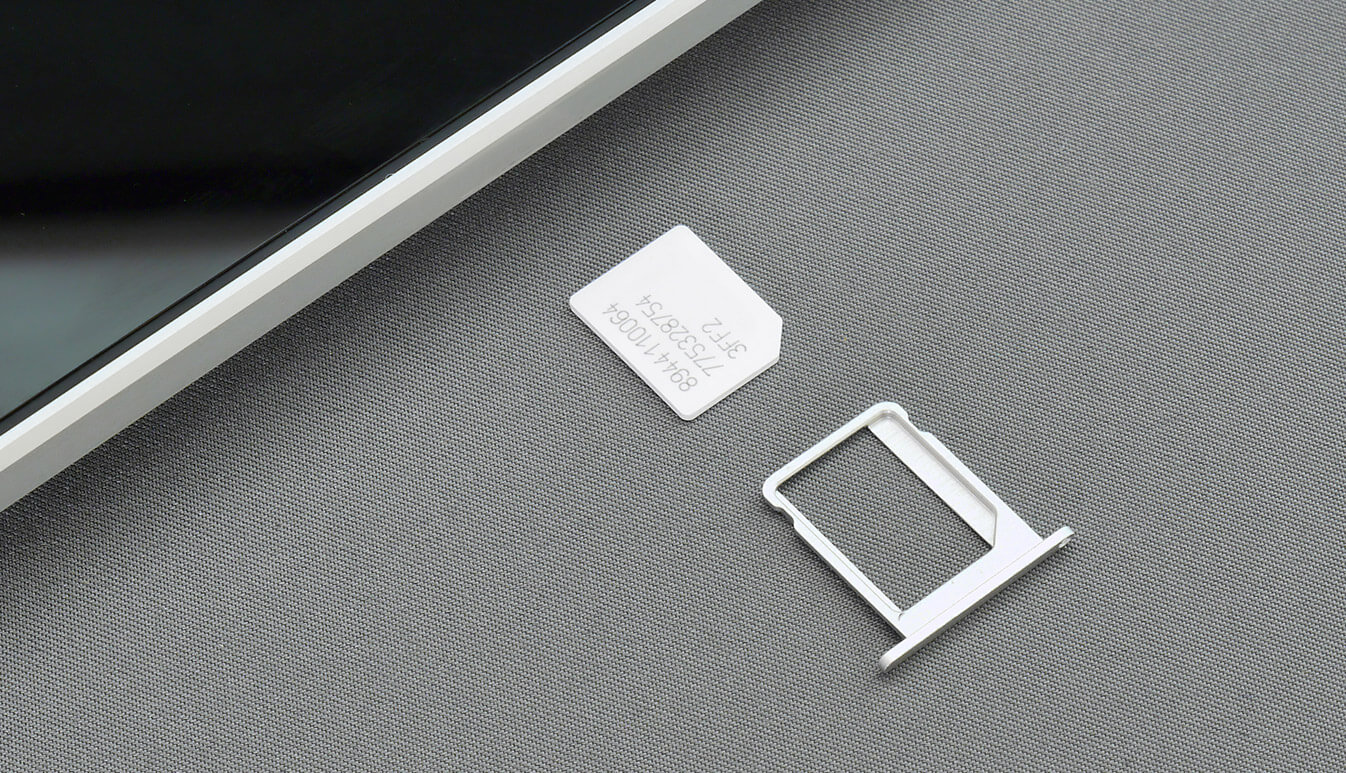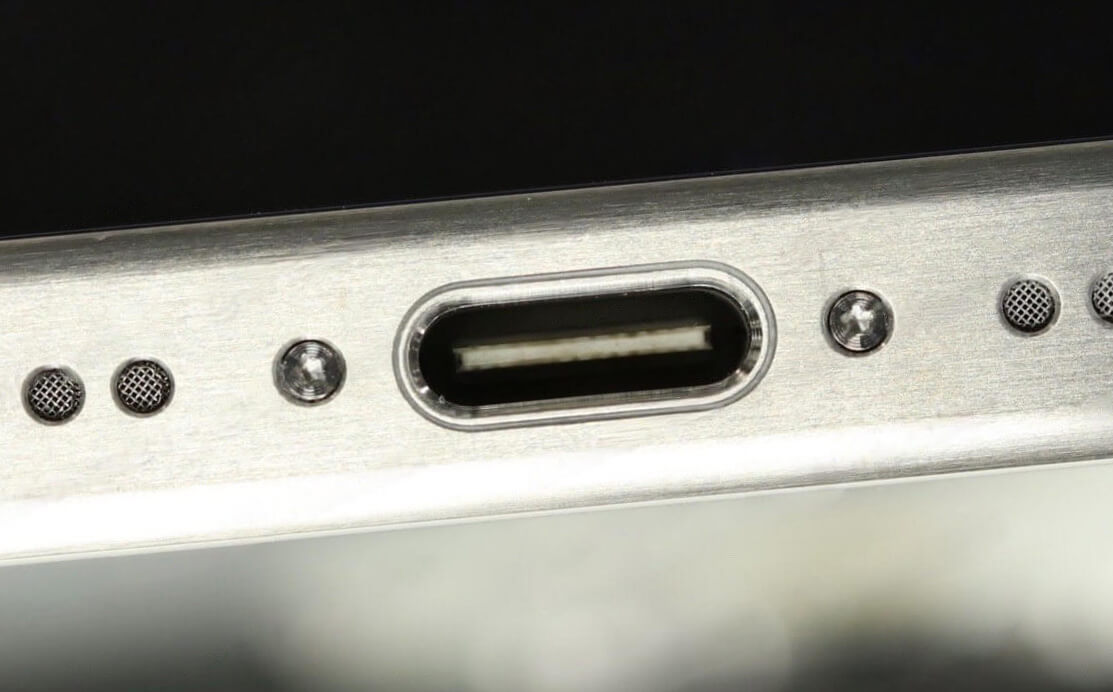This week, we saw the most hyped company in the field of Artificial Intelligence, OpenAI, announce its new generative AI model, called GPT-4o, which allows anyone to benefit from the company’s most powerful model, even without paying a subscription fee.
However, this time they emphasized the conversational voice ability of the AI, allowing users to interact with ChatGPT as if they were talking to a person.
Many who watched the demonstration video were amazed at the level the company’s model has reached, promising to establish itself even more as a reference in this market. The comparison with Apple’s virtual assistant, Siri, is inevitable.
5. Preparación para entrevistas pic.twitter.com/LLKwFzQjIz
— Alejo 𝕏 (@ecommartinez) May 14, 2024
The Promise of Siri
When Siri was launched, the promise was to revolutionize the way we interact with our devices, offering a personal assistant experience that would understand and respond to voice commands naturally and efficiently.
However, over the years, many users have been disappointed with Siri’s limited performance and lack of significant evolution compared to other AI solutions.
While Siri remained a useful but limited tool, OpenAI’s new GPT-4o emerges as a true revolution.
With its ability to understand complex contexts, maintain natural conversations, and provide detailed and precise answers, GPT-4o not only fulfills the promises made by Siri but surpasses them impressively.
The Possible Agreement Between OpenAI and Apple
In recent weeks, rumors have emerged that Apple and OpenAI are in negotiations to integrate some of the advanced functionalities of ChatGPT, specifically the GPT-4o model, into the future iOS 18.
Additionally, to fuel these rumors even more, OpenAI announced its own app for macOS before Windows, indicating that the $10 billion that Microsoft invested in the company is no impediment to negotiations with other tech giants.
The possible agreement between OpenAI and Apple could represent a significant change in how users interact with Apple devices and in the strategic direction of both companies in the field of artificial intelligence.
If confirmed, this agreement could bring a series of benefits to both Apple and its users, and Apple, which is currently lagging in the AI race, could leap to the forefront and likely return to leading the market.

What Both Stand to Gain
Firstly, Apple, which has faced criticism for the lack of innovation and evolution of Siri, could finally offer a virtual assistant that meets the high expectations of its customers.
The integration of GPT-4o, with its advanced voice conversational skills and contextual understanding, could transform Siri into a much more capable and intuitive assistant.
For OpenAI, a partnership with Apple means access to a vast consumer market and the opportunity to further consolidate its position as a leader in artificial intelligence.
Apple, with its loyal and extensive user base, would provide an ideal platform for OpenAI to demonstrate the capabilities of GPT-4o on a global scale.
Furthermore, this collaboration could lead to significant technological innovations.
For example, the combination of Apple’s advanced hardware, such as the possible new M2 Ultra chip optimized for AI, with OpenAI’s cutting-edge software, could result in an unprecedented user experience, seamlessly integrating local and remote AI.
However, important issues must be considered.
Data privacy and security are paramount concerns for Apple, known for its firm stance on user data protection.
Any integration with OpenAI will need to ensure that these privacy standards are maintained.
Additionally, the interoperability between Apple’s systems and OpenAI’s technologies will need to be flawless to avoid performance issues and ensure a smooth user experience.
The potential collaboration between Apple and OpenAI, therefore, is an exciting prospect that could redefine the future of interaction with virtual assistants.
If successful, this partnership will not only benefit both companies but also has the potential to provide users with a significantly improved AI experience, finally fulfilling the promises Siri made so many years ago.
The anticipation now turns to WWDC, where more details about this potentially revolutionary collaboration may be revealed.











